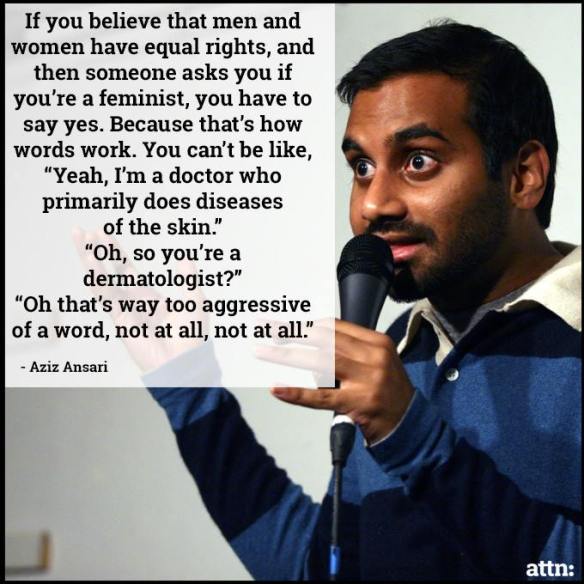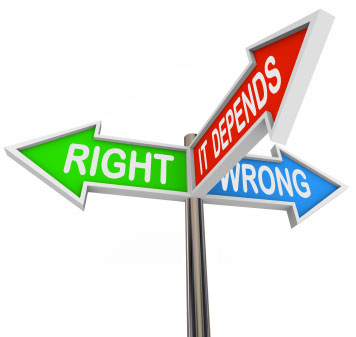How do you see morality and societal norms changing over the next 100+ years?
Some of my predictions:
-As land and resources become increasingly scarce, as human impacts on wild animal populations become more and more detrimental, and as society becomes more and more concerned with animal welfare and the reduction of animal suffering, we will eventually utilize technologies to actively reduce wild animal populations without killing them or wiping them out completely (primarily through genetic engineering techniques similar to what we’re doing with mosquitos right now).
-The idea of having something as important and as crucial to your sense of identity as your name chosen for you with no input from yourself whatsoever (and having that name for your entire life) will seem incredibly outdated. As a result, it will become far easier and far more socially acceptable for anyone to change their name to one they prefer–even as children–and for someone to keep the name they were given at birth will become the exception rather than the norm.
-Not only will interracial relationships no longer be taboo, eventually the pendulum will swing in the other direction as interracial relationships will be seen as preferable in the eyes of society at large, as the practice of only dating others within one’s own race will become completely outdated (refusing to date anyone of your own race, of course, will not be regarded as being any better).
-At some point a global pandemic will cause a significant loss of the world’s population. In response, societal attitudes towards disease transmission will change dramatically, with some societies even criminalizing the act of knowingly exposing others to illness.
-As a huge college football fan it pains me to write this, but eventually high-level competitive and professional sports will fade away, as society comes to realize how much they fan the flames of humanity’s deepest tribalistic tendencies, how few benefits they provide to society, and how much of a net drain they are on society’ resources (as popular as it is to bash reality TV or otherwise “vapid” shows for having little to no intellectual or cultural value, I’ve always found it ironic that even the greatest sporting events have basically no intellectual value whatsoever, yet you will virtually never hear any such criticism regarding sports).



